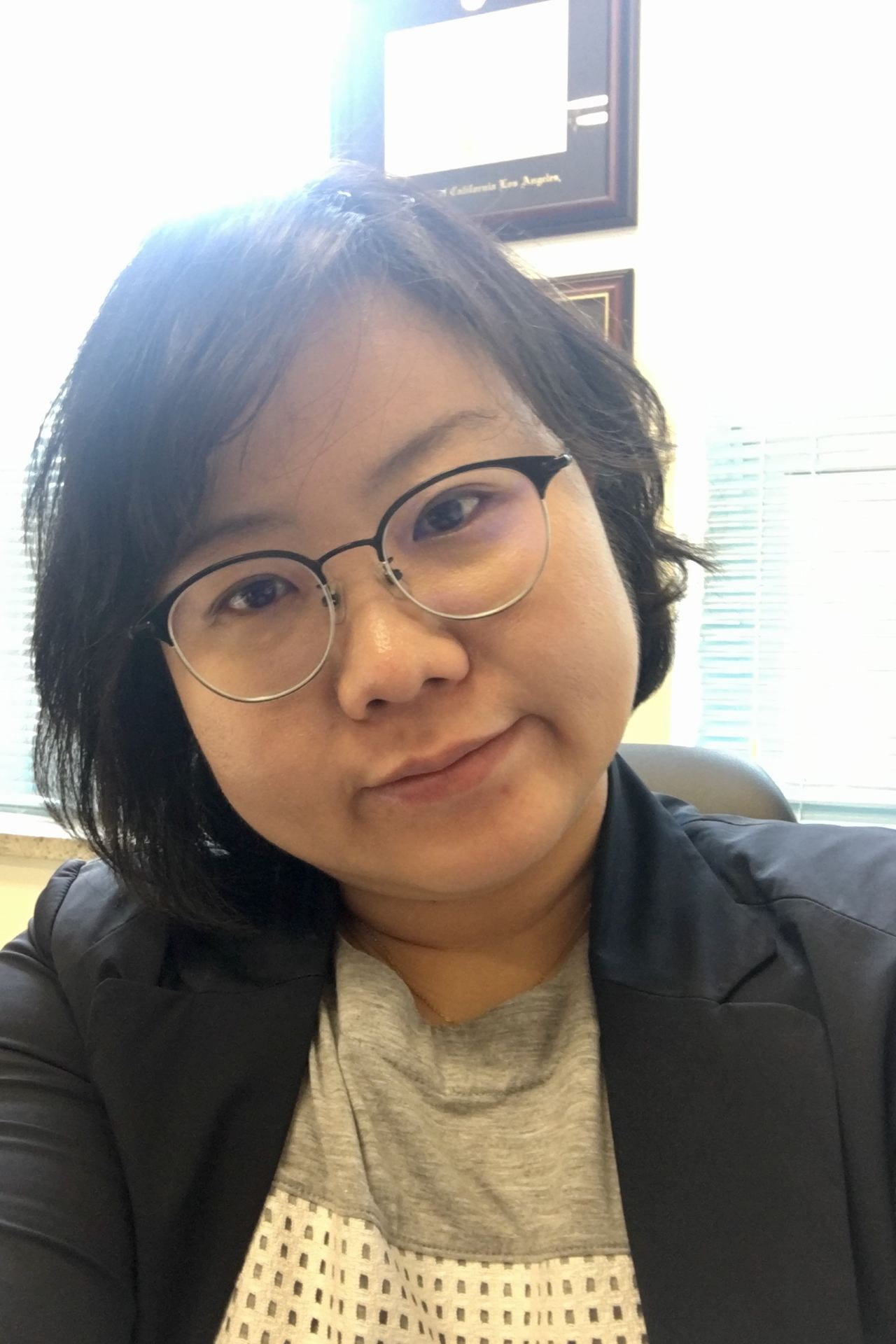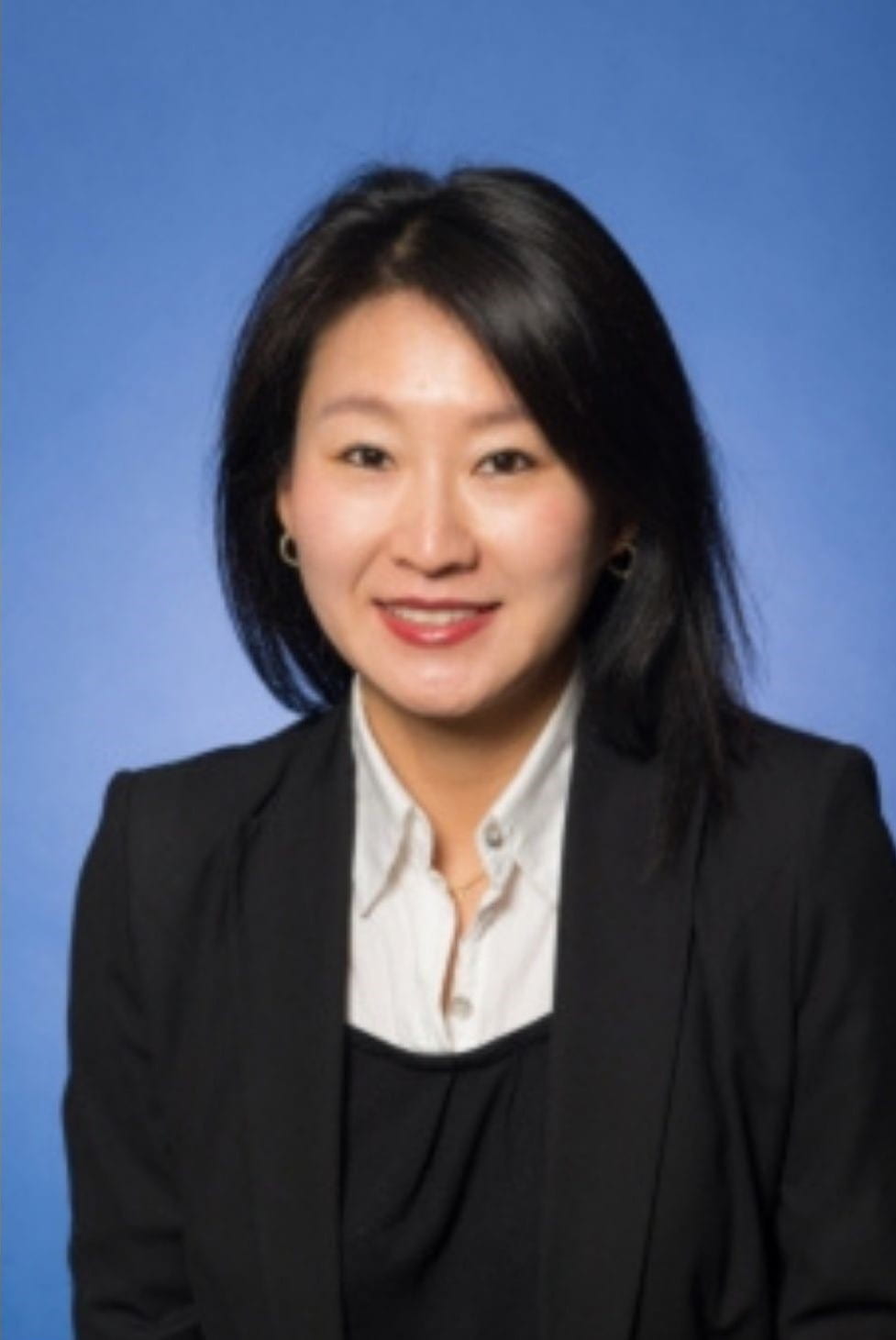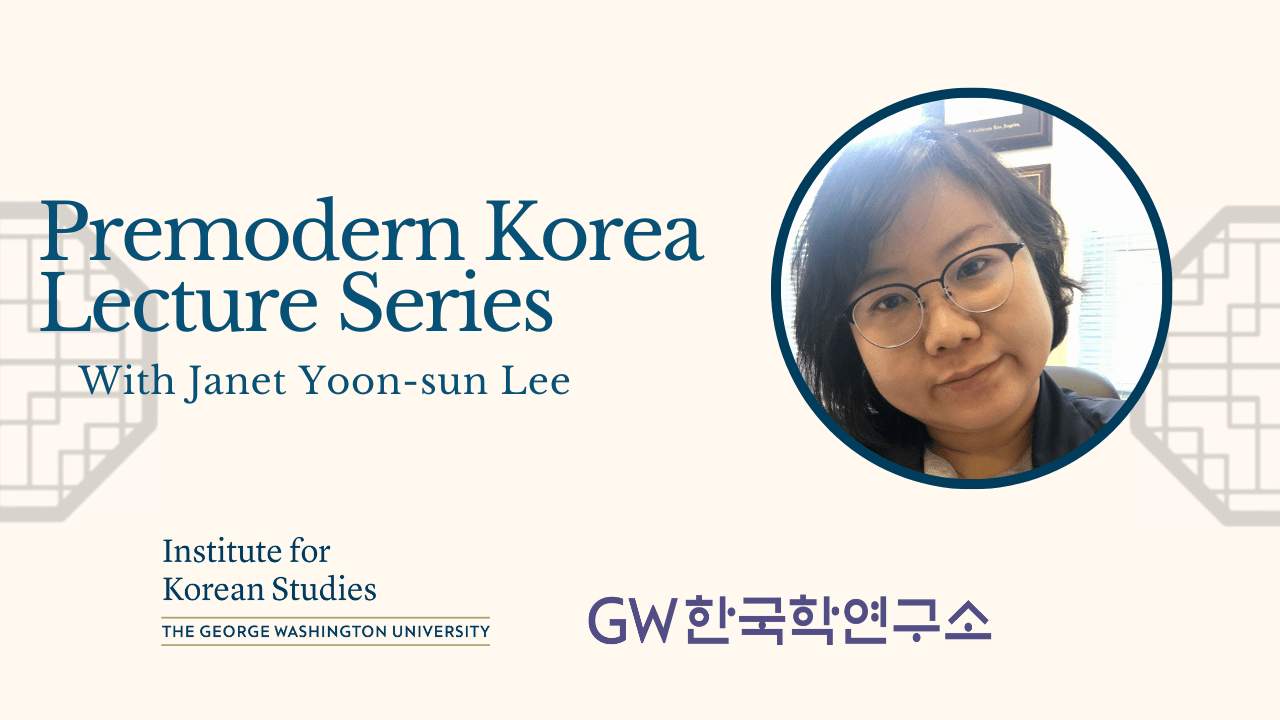“Lovesickness in Premodern Korea”
Wednesday, January 25, 2023
09:00 A.M – 10:30 A.M. EST
Zoom Event
About the Event
In a popular story, “Heart Fire Coiling Around a Pagoda” (Simhwa yot’ap 心火繞塔), Chigwi, a petty officer from the commoner class, falls in love with Queen Sŏndŏk (fl. 702–737) at first sight. When the queen hears of Chigwi’s earnest fervor for her, she summons him to a monastery. Chigwi waits for her at the foot of a pagoda but unfortunately falls asleep. When he learns that the queen left while he slept, his anger turns him into a burning fire. This man in passionate love turns himself into a fire demon, which is suggested to be the consequence of his uncontrollable feelings of self-pity, anger, and grief, implying that emotional disturbance can result in physical transformations. The interpretation of the character’s passion and consequential metamorphosis (or death) tends to yield different and even competing understandings of emotion and the body.
In this talk, Professor Lee discusses literary representations of lovesickness in traditional Korean tales and shows how lovesickness can be envisioned as a nexus of negotiations among passion, the body, and cultural norms. Specifically in the Chosŏn period (1392-1910), numerous love stories portray the lovesick characters victimized by this sickness, and the symptoms tend to eulogize the power of passionate love to override the mind and physical body. At the same time, lovesickness could be regarded as a form of Confucian sin and a violation of filial piety. In this talk, the gendered notion of “dying of love” is used to examine fictional works, “Unyŏng chŏn” (“Tale of Unyŏng”) and “Sangsa-dong ki” (“Tale of Sangsa-dong”). Through a gendered reading of those texts, Lee also discusses how male and female deaths are represented in the texts and also reveal the link between female death and the cult of female martyrdom. The talk aims to provide a more nuanced picture of the lovesick figures in these stories and contends that lovesick bodies are a site of dynamic and complex interaction between passionate love, the body, and Confucian doctrine.
Speaker

Janet Yoon-sun Lee is Associate Professor in the Department of Korean Language and Literature at Keimyung University in South Korea. She received Ph.D. from University of California, Los Angeles. Her research focuses on the topics of gender and medical science in premodern and early modern Korean texts, and the major publications include a book chapter, “Lovesickness and Death in Seventeenth-Century Korean Literature” in The Routledge Companion to Korean Literature, and research articles: “The Intertextual Aspect of Women’s Culinary Manuscripts in Chosŏn Korea”; “Tale of Ch’unhyang’ as Translated by Western Missionaries”; “The Matrix of Gender, Knowledge, and Writing in the Kyuhap ch’ongsŏ”; “Dilemma of the Lovesick Hero: Masculine Images and Politics of the Body in Seventeenth-Century Korean Love Tales”; and “Female Desire, Illness, Metamorphosis in ‘Lovesick Snake’ Narratives in Sixteenth-Century Korea.”
Moderator

Jisoo M. Kim is Korea Foundation Associate Professor of History, International Affairs, and East Asian Languages and Literatures. She is the Founding Director of the Institute for Korean Studies and the Co-Director of the East Asia National Resource Center at GW. She also serves as the Editor-in-Chief of the Journal of Korean Studies. She is a specialist in gender, law, and emotions in Korean history. Her broader research interests include gender and sexuality, crime and justice, forensic medicine, literary representations of the law, history of emotions, vernacular, and gender writing. She is the author of The Emotions of Justice: Gender, Status, and Legal Performance in Chosŏn Korea (University of Washington Press, 2015), which was awarded the 2017 James Palais Prize of the Association for Asian Studies. She is also the co-editor of The Great East Asian War and the Birth of the Korean Nation by JaHyun Kim Haboush (Columbia University Press, 2016). She is currently working on a book project tentatively entitled Sexual Desire, Crime, and Gendered Subjects: A History of Adultery Law in Korea. She received her M.A., M.Phil., and Ph.D. in East Asian Languages and Cultures from Columbia University.

